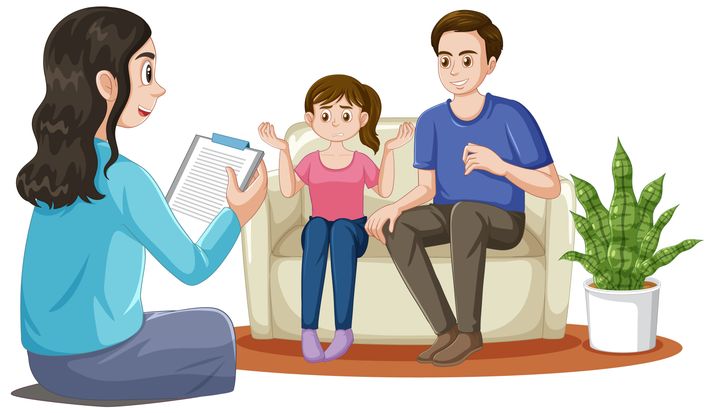
Comprehensive Guide to Online Parenting Courses: Tools, Benefits, and Choosing the Right Fit
Modern parenting brings unique challenges that previous generations never faced. From navigating screen time to understanding evolving child psychology, today's parents need accessible, expert guidance more than ever. Online parenting courses have emerged as a transformative solution, offering evidence-based strategies that fit busy schedules while addressing contemporary parenting dilemmas.
This comprehensive guide explores:
- The growing need for digital parenting education
- Key benefits of online learning for parents
- How to select the perfect course for your family's needs
- Top-rated programs and what they offer
- Global trends in parenting education
Why Online Parenting Courses Are Revolutionizing Family Life
- The Changing Landscape of Parenting
- 72% of parents report feeling unprepared for modern parenting challenges
- Digital natives require different approaches than previous generations
- Increased awareness of mental health and emotional intelligence in child development
Age-appropriate expectations
- Cognitive and emotional growth patterns
- Red flags for developmental delays
- Behavior Management
- Positive discipline techniques
- Tantrum de-escalation strategies
- Building cooperation without punishment
- Digital Age Parenting
- Screen time guidelines by age
Online safety protocols
- Balancing tech with real-world skills
- Emotional Intelligence
- Teaching self-regulation
- Developing empathy
- Anxiety-reduction techniques
- Family Dynamics
- Sibling rivalry solutions
- Co-parenting strategies
How to Choose the Right Course for Your Family
Step 1: Identify Your Parenting Pain Points
- Behavioral challenges
- Developmental concerns
- Sibling conflicts
- School-related issues
- Digital dilemmas
Step 2: Evaluate Course Credentials
- Instructor qualifications (look for PhDs or licensed therapists)
- Scientific basis (cognitive behavioral therapy, Montessori, etc.)
- Completion certificates (for professional development)
Step 3: Consider Learning Style
- Video lectures vs. interactive workshops
- Self-paced vs. cohort-based
- Supplemental resources (workbooks, apps, community forums)
Specialized Programs
- Nassau Parenting Courses: Caribbean-focused child safety
- European Digital Parenting: GDPR-compliant online safety
- Australian Bush School: Nature-based developmental strategies
- Success Stories: Real Parent Transformations
- Case Study: The Overwhelmed Single Parent
Sarah, 34, struggled with her 6-year-old's nightly meltdowns. After completing a positive discipline course:
- Bedtime resistance decreased by 80%
- Developed a consistent routine
- Reported feeling more confident in her parenting
Case Study: The Tech-Torn Family
- The Chen family limited screen time battles after taking a digital parenting course:
- Implemented a family media agreement
- Established tech-free zones
- Discovered educational apps that improved learnin
- Personalized strategy recommendations
Behavior tracking analytics
- Virtual Reality Simulations
- Practice difficult conversations
- Empathy-building experiences
- Crisis scenario preparation
- DNA-Based Parenting Guidance
- Genetic temperament insights
- Customized learning approaches
- Predisposition awareness
Conclusion:
Empowering the Parents of Tomorrow
Online parenting courses represent more than convenient education—they're a paradigm shift in family support systems. By democratizing access to expert knowledge and creating global communities of supportive parents, these digital platforms are helping raise a generation of emotionally intelligent, resilient children.






